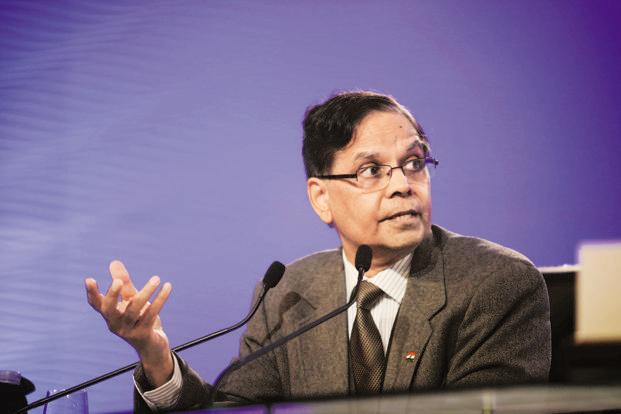
Panel proposes replacing MCI with National Medical Commission: All the recommendations you need to know
A recent proposal made by a high level committee which has the NITI Aayog vice-chairman Arvind Panagariya at its helm has many intrigued. The proposal mentions replacing the Medical Council of India(MCI) with the National Medical Commission(NMC).
In view of the frequent reports of corruption in the MCI, the central government instituted a panel the task of which is to reform the health sector. The panel is comprised of: Arvind Panagariya, Vice Chairman, NITI Aayong; P.K Mishra, Additional Principal Secretary to Prime Minister; Amitabh Kant, Chief Executive Officer, NITI Aayog, B.P Sharma, Former Health Secretary and CK Mishra, Secretary of H&FW.
After examining the possibilities of reforms in MCI, the panel has now come out with the National Medical Commission Bill, 2016. The report is open for public comments till August 31 2016.
If the Bill gets approved, it will replace the Indian Medical Council Act, 1956(under which the MCI came into being)-something that’s considered as outdated.
Key recommendations made by the panel
- Replace the present electoral process to appoint regulators for medical education with a search and select committee.
- Allow for-profit organizations to establish medical colleges (In the present scenario, only not-for-profit entities are allowed that).
- The central government should institute a Medical Advisory Council. It should have one nominated member for each state government in addition to two members representing the Union Territories-who will be nominated by the home ministry. The council will function in an advisory capacity, deciding the objectives with medical education/ training.
- The NMC is proposed as a new policy-making entity for medical education. It’ll include, aside from the chairperson, nine ex-officio members as well as 10 part time members.
- Four autonomous boards will regulate UG and PG education and also institutional accreditation as well as medical practice. However, the four boards are to be coordinated through the NMC.
- For National Eligibility cum Entrance Test (NEET), a statutory basis is to be introduced for common entrance exams that afford admissions to UG and PG courses in various medical colleges. To quote the report, “We must also provide for a statutory basis for a common licentiate examination for practice by medical professionals after completion of the undergraduate medical degree. Central government may also prescribe skill tests as necessary, as part of licentiate examinations to ensure medical professionals have appropriate knowledge, skills and attitudes for providing health care as per societal needs.”
- The NMC is not to have any role in regulating the fee for private colleges.This is because micro-management could lead to developing a rent-seeking behavior in the NMC. But the NMC should lay down norms to regulate fee for a certain number of seats:never beyond 40% of the total seats in private colleges.
One interesting aspect which the committee discussed was introducing an extra enabling provision of voluntary renewal or re-certification of license exam once every 10 years. This is a practice prevalent in many countries. However, the committee concluded that even though it may be good in the long run, the time is probably not ripe to take such a radical step in India.
Health sector reform-the need of the hour
Reforming the health sector has been in the public discourse for quite some time now. According to former health secretary, PK Hota a governance reform in the sector is needed whether it’s done through the National Medical Commission or some other body. What the government and authorities must not lose focus on is a process that will help reach the goal-which is “standard care at standard cost.”
Hota says that there’s nothing wrong with sharing costs and responsibilities among the government and private sectors. However, the efforts must all be for utilizing the MBBS doctors-who even though they form the lion share of the professional community rarely get the deserving credit.
He proposed the idea of evolving a process by which MBBS doctors don’t get inculcated as support staff-something crucial considering that hinterland India lacks in doctors. He added the warning that unless the final bill is in correlation to the quality of medical service, the NMC would end up another MCI. As he calls it, “a white elephant.”
Image credits: livemint.com